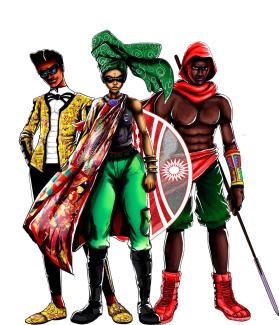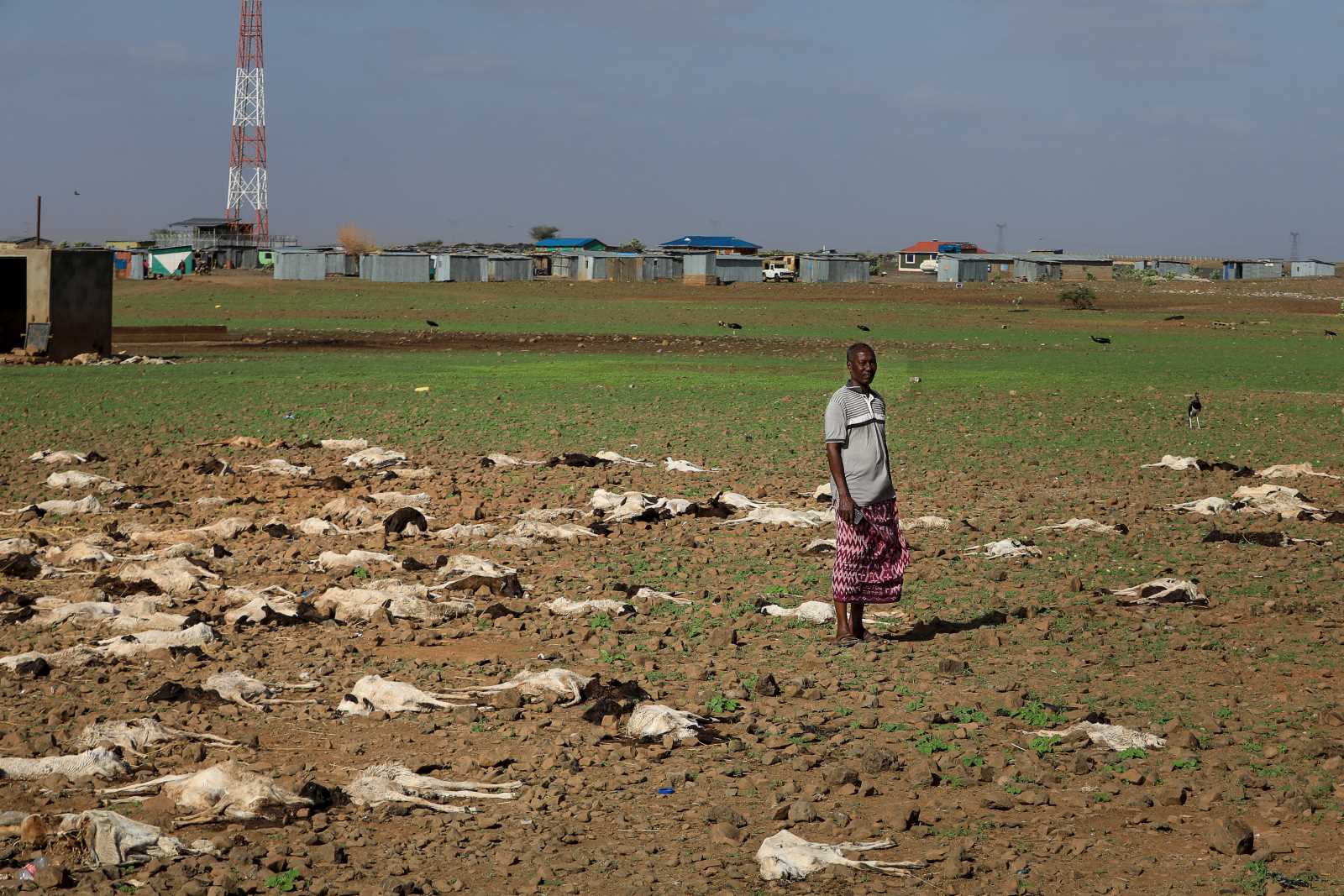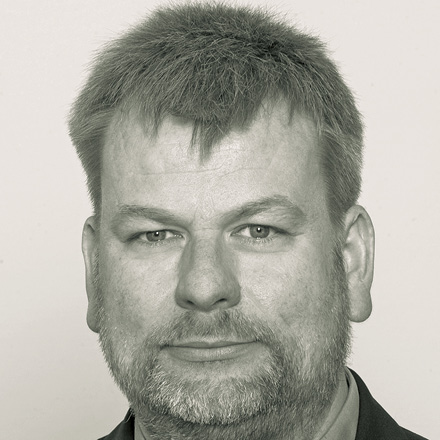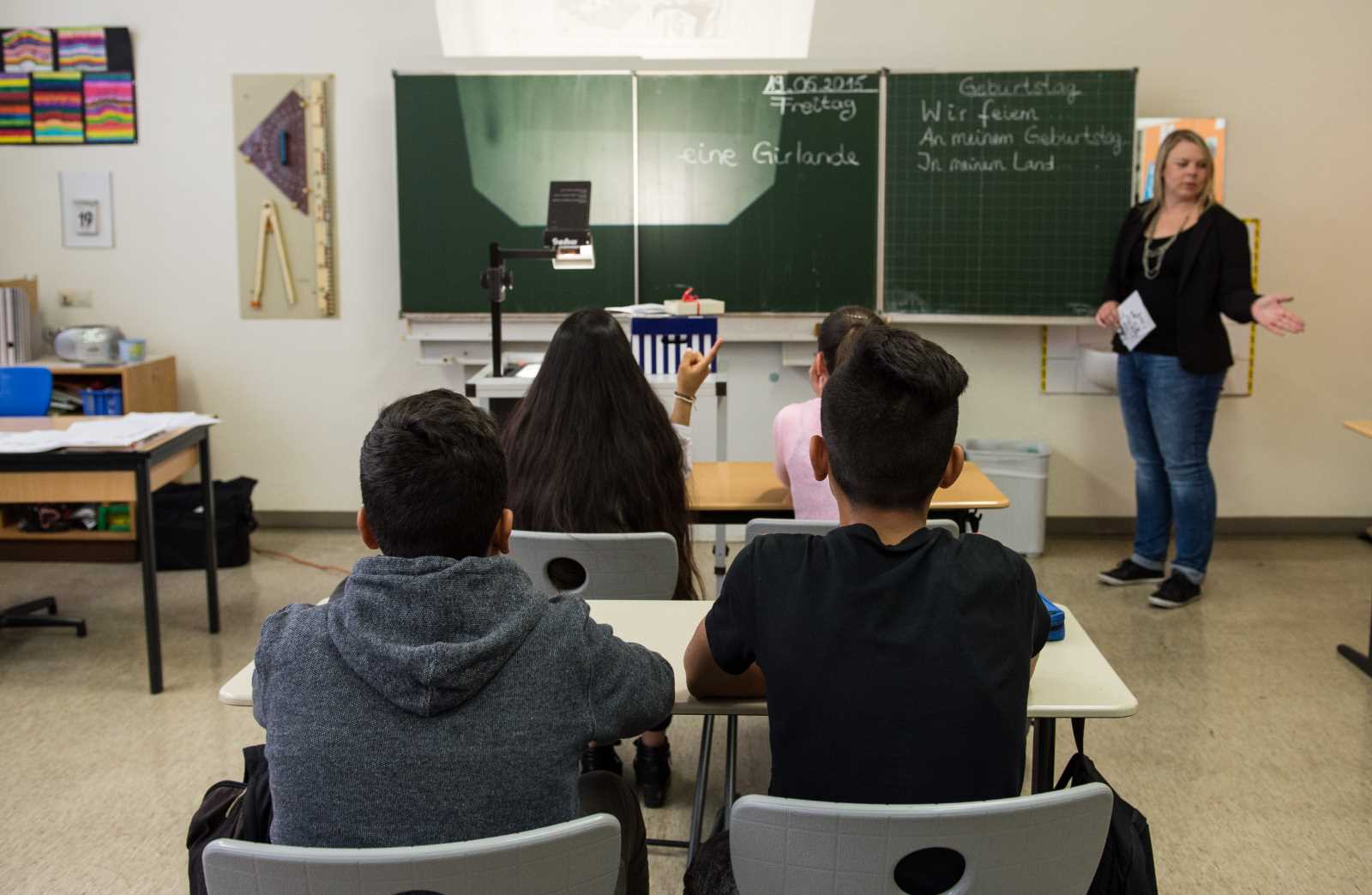Gaming industry
The opportunity is right now

What is your company Leti Arts doing?
We make games and digital comics in African contexts with African storytelling. We have offices in Accra, Ghana, and in Nairobi, Kenya, and we have 10 full-time employees. We create superheroes and place them in phantastic worlds in Africa in the near future. That’s the fundamental idea. We created a computer game called African Legends that soon will be followed-up by an advanced version called Africa’s Legends Reawakening. We also have a publishing platform called Afrocomix. It is an app we use for selling products like wallpapers, short animations, comics or graphic novels. Around 60 creators are sharing their content on this platform. Consulting is our third major activity. You can hire us to design a game or an app for you. That is how we fund our game development for now.
Can you give me an example of an app you created for an organisation?
We made apps for several organisations. Some are funded by UN agencies, civil-society organisations, government entities, the World Bank and the likes. The games have serious topics such as Malaria prevention or reproductive health education. One example is the interactive story game platform myjorley.com. Players make choices about sexual and reproductive health. This consulting branch is very important, it is how we generate revenues. Gaming is still very weak in Africa and it is very hard to make money from it. All game developers on the continent are still struggling to make money.
So what is your longer-term plan regarding sales?
We are talking to partners in the film and publishing industry who want to buy some of the rights of our superhero games. We have exciting stories to tell and are creating exciting games. We think that Africa’s Legends Reawakening, our new game, will unlock revenues once it is ready. Until then, we have the revenues from our other products.
Why is it so hard to make money with gaming? It is a huge industry in the western world.
Gaming is a new industry here in Africa. So far, a domestic industry hardly exists. We are raising awareness of new options and want to contribute to changing the mindset in a positive way. To do so, we need to create the right ecosystem, and that takes time. It really matters that our games are created here, in Africa, in spite of all difficulties. The major challenge is skills. There are hardly any universities or even high schools that teach game design. Africa needs to train more people. We are part of the change, and want our games to compete equally with American games. We focus on local expertise and talent.
How do you enhance skills?
I am a full-time game developer. I try to serve as a role model, and I want to encourage other people to become role models too. When we started creating games in 2009, we were basically the only ones. That is why I tell my story and I even wrote a book about it. I want to be a positive example, encouraging others. My own approach was learning by doing, which can be very effective. But we also have to train young people in this field. Years ago, I founded an non-governmental organisation that focuses on education. It is called “Steam Africa” which stands for “science, technology, engineering, arts and mathematics”. We use the process of designing games to teach computer science, because making a game involves all the relevant skills, including programming and software design. On the other hand, the arts are relevant too for story writing and artistic work. We teach authors to write stories for a digitised product.
How does one join your programme?
We do not have any formal structure so far. But I am putting together a partnership to see how we can run formal skills training. I’ve been presenting the idea in conferences, and I’ve tested it in several countries, including Zimbabwe, Ghana and Belgium. I have taught different target groups – adults, university students, kids. I believe that my approach is good. Now in the Covid-19 era, I did some online teaching for the first time. Our company trains interns, moreover.
What about formalising the skills training?
As far as I know, only very few universities have started game development courses. I am aware of one in Kenya and one in South Africa. I believe that a lot more universities should teach computer science and game design. At my university, the Kwame Nkrumah University of Science and Technology (KNUST), as far as I know, I was the first one to actually create a game. I wanted to prove it can be done in Africa. After me, more students started game projects. Moreover, governments should have a fund for game companies, like the government of Finland has. Finland is a giant in the games industry. They make lots of money. Africa should do so too. African companies could become a huge force globally. We have great potential, we have 1 billion people and the youngest population in the world. In the USA, the gaming industry is bigger than the movie and music industry combined. If this is possible there, why should it not be possible in Africa? The opportunity is right now.
Don’t you worry that foreign companies will come in and take over the market?
No, I am not afraid at all. We think that we are going to be partners. Foreign companies cannot succeed without us. We know our people and understand our markets. But it will not happen overnight, we must be patient. It may take us 10 years or so to catch up with the world market. But it will certainly happen. We saw it with the fintech and other tech industries. They have grown fast on the continent in recent years. M-Pesa started making financial transactions by mobile phone possible in Kenya in 2007.
Is the infrastructure good enough in Africa?
No, but it’s getting better and better. In some areas, infrastructure is still a problem, especially in the countryside. But devices like mobile phones are there. We have better access to technologies now thanks to 3G/4G internet and a much improved coverage than 4-5 years ago. Speed is still a challenge at certain parts but will improve too. Also data pricing is still very expensive. But we have to stop complaining now and act. We must not sit and wait any longer.
Are you satisfied with how the African tech industry has developed?
I’m not only satisfied, I am amazed how innovations are spreading despite the many constraints. I have colleagues, who made farming more attractive through agritech initiatives. For example, farmers in remote areas can check the weather. I have colleagues who made health care accessible through online apps. The interesting thing about the gaming industry is that it enables other industries as it leverages all sectors. So, once gaming can make money it will work out. And we are on a promising path. The industry is getting very exciting now. We have over 40 designing studios all over Africa. There are some in Ghana, South Africa, Kenya, Senegal, Egypt, Tunisia, Nigeria, Uganda and Ethiopia. And we are connected to each other. We are involved in running a project with three other companies and funding from GIZ. It shows how studios can work together and produce quality content. It is a revolution to have a lot of Africans creating African stories.
But funding is still a problem, isn’t it?
Yes, it is a problem. Before 2009, we tried getting funding for most of our game projects but it didn’t work out as getting funds from the traditional banks and individuals into a game company is a great risk. However, funding bodies like MEST who invested in us when we started in 2009 have come to set some standards in the space as we still do not get loans or other services from most financial sector players in Africa. Though this is still tough as we’ve never raised any more funding since 2009 due to the same factors of high risk and reluctance in investing in the space. We know it would be difficult, so we do not try to raise funds in an aggressive way. We operate by generating the money we need from our consulting branch. But from this year on, we actually want to attract financial investors to scale up our business. It makes sense now that we have adequate products and generating revenues. So far, we don’t have a fixed business model, but we need one to expand faster.
So, are you confident that your African superheroes will sell?
Yes, I am. Unfortunately, we had to delay the launch of Africa’s Legends Reawakening for almost a year, partly because of funding problems. But we are confident we’ll be able to roll out the first version soon. And we have a real success story. In cooperation with one of Ghana’s major telecom companies, we launched a trivia version of the game. It is called “Hottseat” and is doing very well. I think it will turn out to be one of the ground-breaking revenue generating games of the African business.
Reference
Tawia, E., 2016: Uncompromising passion. The humble beginnings of an African video game industry. North Legon, BKC Consulting.
Eyram Tawia is CEO and co-founder of Leti Arts.
info@letiarts.com












